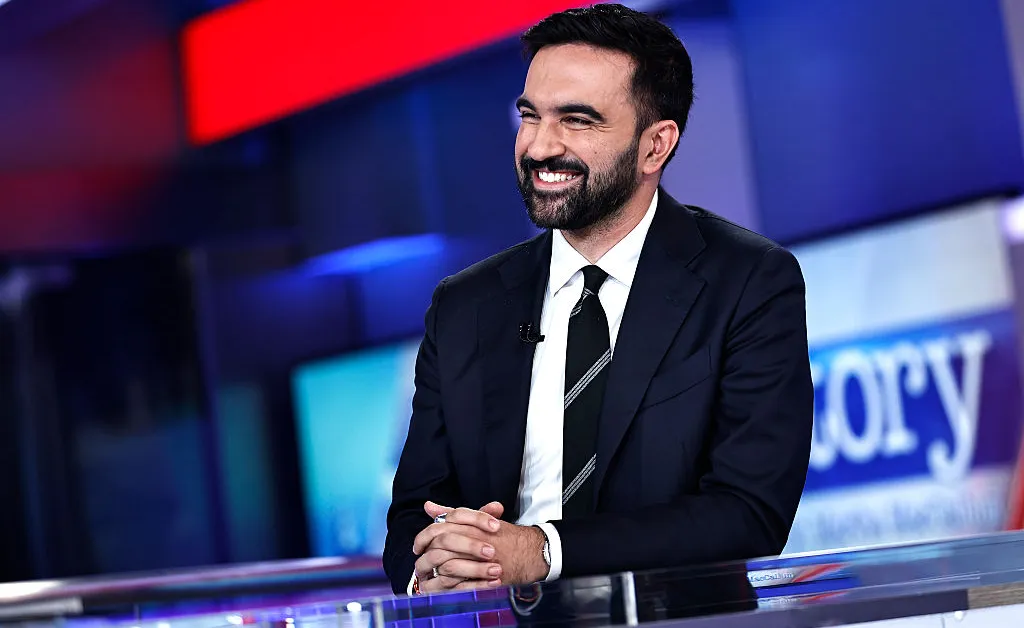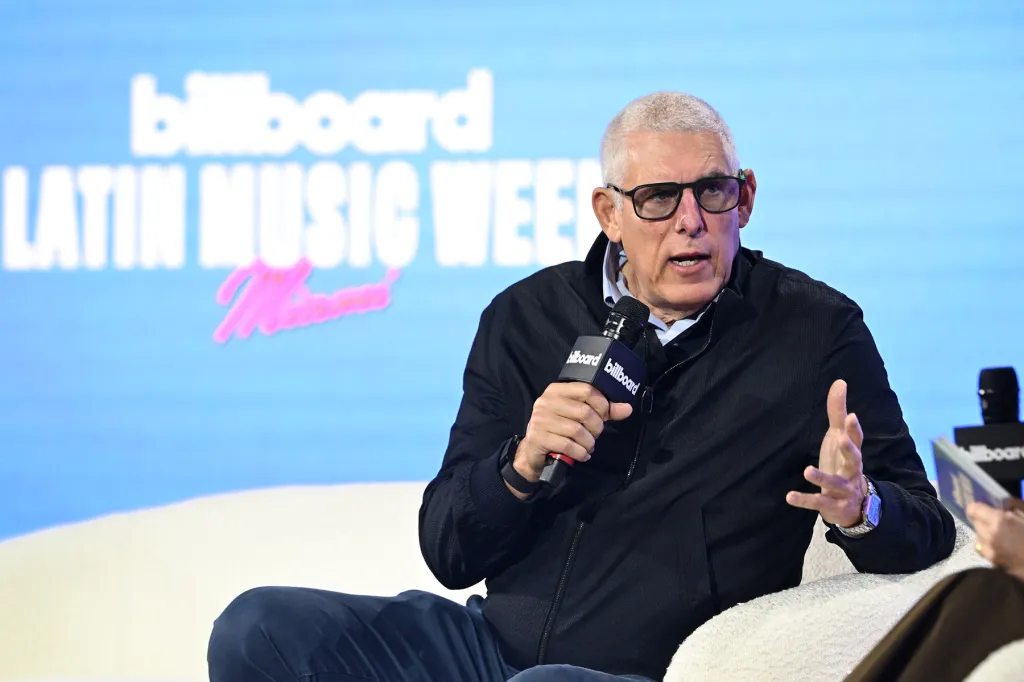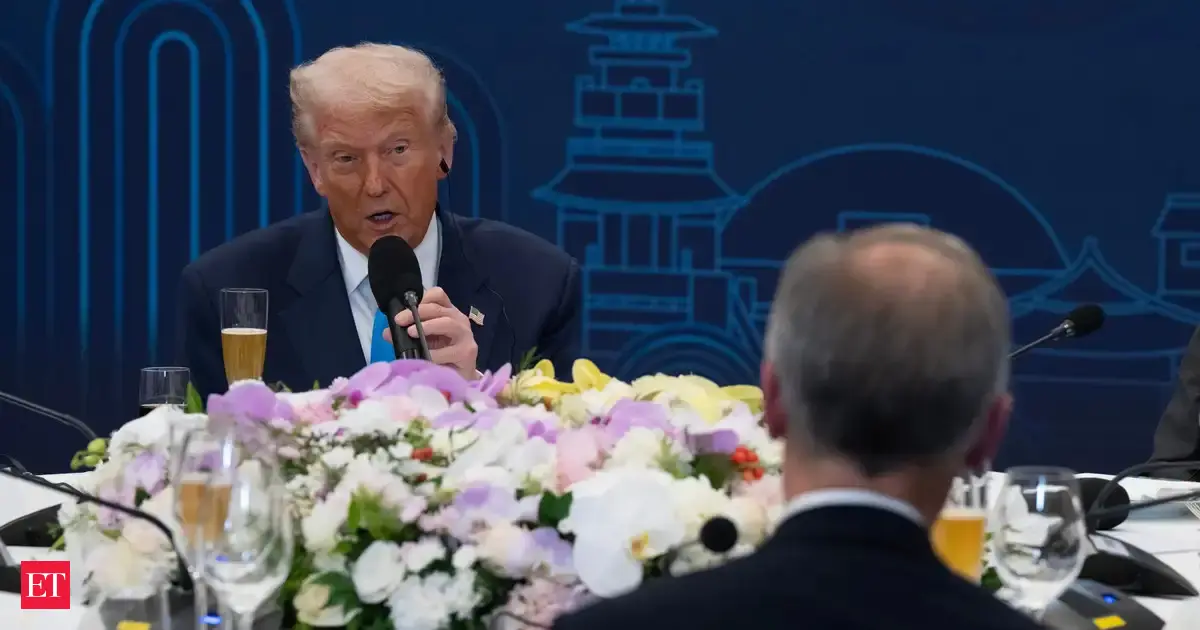Copyright TIME

Last summer, following Mamdani’s stunning primary victory, many friends and colleagues were anxious that this Democratic candidate was too liberal, too anti-business, too inexperienced for the global stage, and simply too young. So, I sought out the chance to meet him—and was pleasantly surprised to find that Mamdani is an active listener, respectful, and open to ideas from across the spectrum, even from this more-than-middle-aged, politically moderate capitalist. He also acknowledged that his campaign rhetoric had unsettled parts of New York’s Jewish and business communities—and that rebuilding trust across those divides would be among his first tests as mayor. At the end of our first meeting, I asked how I could help. He suggested I introduce him to other business leaders and those with experience beyond his own. I arranged a few such convenings. Though we agreed to Chatham House rules, I can share that Mamdani pledged to make city government more efficient, cutting red tape and reducing hurdles for new businesses. He spoke about improving subway safety—an essential issue to both employers and commuters. He also heard pointed concerns about regulation, taxation, and public safety: the practical issues that determine whether businesses expand or leave. To his credit, he didn’t dismiss these considerations. While staying true to his values, I also saw Mamdani’s capacity to evolve his positions as he took in new facts. It’s worth noting that the guests were not solicited for donations or endorsements. Mamdani was—and remains—a leader who listens before he leads. Having written about game-changing leadership and worked closely with chief executives and government officials for decades, I see positive signs in our young mayor. The focus of Mamdani's campaign, affordability is not only an ambition worthy of our great city, but a business imperative. Those who can’t afford to live in New York can’t come here “in quest of something.” They can’t make art, open restaurants, work in an office, or staff our hospitals. Mamdani has many bold ideas to address this—some of which have been ridiculed—and not all will be achieved. But his realistic goals of building more housing, reducing the cost of childcare, easing the burden of groceries, and making it cheaper and faster to open a small business will benefit employees and employers alike. Mamdani has made a concerted effort to reach out to those with a breadth of perspectives. He has promised to build an administration of excellence, without any litmus test to ideology—all to create a team of rivals. His request that New York City Police Commissioner Jessica Tisch remain in her position is an excellent demonstration of keeping that commitment. It will matter who he brings into City Hall to represent communities that felt alienated during the election—especially Jewish and small-business voices that shape the fabric of the city. Why not invite some of the best business minds from the ranks of retired chief executives to join his Administration? Leaders like former American Express CEO Ken Chenault and retiring Partnership for New York City CEO, Kathryn Wylde come to mind. Our city’s greatest leaders, from Fiorello La Guardia to Michael Bloomberg, hire the best people and empower them. Commissioner Tisch is a strong start. A recent NYT/Siena poll found that voters who feel the American system is too divided to solve national problems rose from 42% to 64% over the past five years. We are drowning in polarization and cynicism. Mamdani is a potential antidote to that malaise. He has motivated the disenfranchised, particularly young people. His enthusiasm and energy can help businesses attract and retain young, diverse talent. But optimism will only resonate if paired with empathy for those who worry that New York’s identity—from its Jewish neighborhoods to its entrepreneurial core—might be changing too fast or without them. New Yorkers have always risen to critical moments—demanding not perfection, but courage and connection. Several prominent business leaders have already voiced cautious optimism, seeing in Mamdani a chance to reset the relationship between City Hall and commerce. The election is over; governing begins. It will take both the mayor’s openness and the business community’s willingness to engage in good faith to keep New York a place where dreamers, doers, and dissenters can still build something extraordinary together. I’m confident Mamdani is open and eager.



